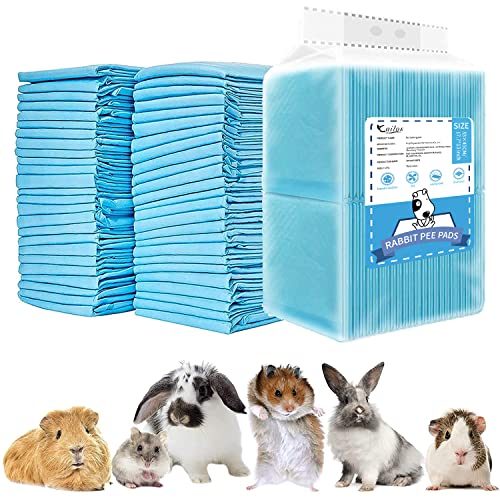Jenk
Well-Known Member
I'd like to know if giving a digestive enzyme--such as the powdered form of Bromelain--is dangerous in any way? I've read somewhere that the human digestive system will become dependent on digestive enzymes if taken regularly. (Per the online source, the body begins to make less and less of its own enzymes as a result of the supplemental ones. But the source didn't seem very scholarly; I'm unsure if the info. is true.)
My 4-year-old Mini Rex made it through her previous shed with twice-daily brushings and Bromelain. She's gut-slowdown/stasis prone; I attribute the Bromelain as having helped, since just brushing her thoroughly in the past wasn't enough to prevent issues.
I gave her Bromelain during her shed, then continued to give it at least once daily afterward (1/8 tsp. per dose). She probably had it for 3 months straight--or close to it. (I can't remember without checking my notes.)
I've tried stopping the Bromelain but find that her fecals don't retain a normal size--even when she's eating 1st-cut timothy hay and some oat hay, which normally "bulk up" her fecals. I wonder if her body could use Bromelain regularly for good digestion, but I also worry if it's safe for long-term use.
Final note: a holistic exotics-only vet once put my Zoe (now deceased) on a probiotic/digestive enzyme combination. If it had worked for her, I believe he'd planned to keep her on it long-term. So I don't know what to believe about the safety of long-term digestive enzymes.
Thank you,
Jenk
My 4-year-old Mini Rex made it through her previous shed with twice-daily brushings and Bromelain. She's gut-slowdown/stasis prone; I attribute the Bromelain as having helped, since just brushing her thoroughly in the past wasn't enough to prevent issues.
I gave her Bromelain during her shed, then continued to give it at least once daily afterward (1/8 tsp. per dose). She probably had it for 3 months straight--or close to it. (I can't remember without checking my notes.)
I've tried stopping the Bromelain but find that her fecals don't retain a normal size--even when she's eating 1st-cut timothy hay and some oat hay, which normally "bulk up" her fecals. I wonder if her body could use Bromelain regularly for good digestion, but I also worry if it's safe for long-term use.
Final note: a holistic exotics-only vet once put my Zoe (now deceased) on a probiotic/digestive enzyme combination. If it had worked for her, I believe he'd planned to keep her on it long-term. So I don't know what to believe about the safety of long-term digestive enzymes.
Thank you,
Jenk




































































